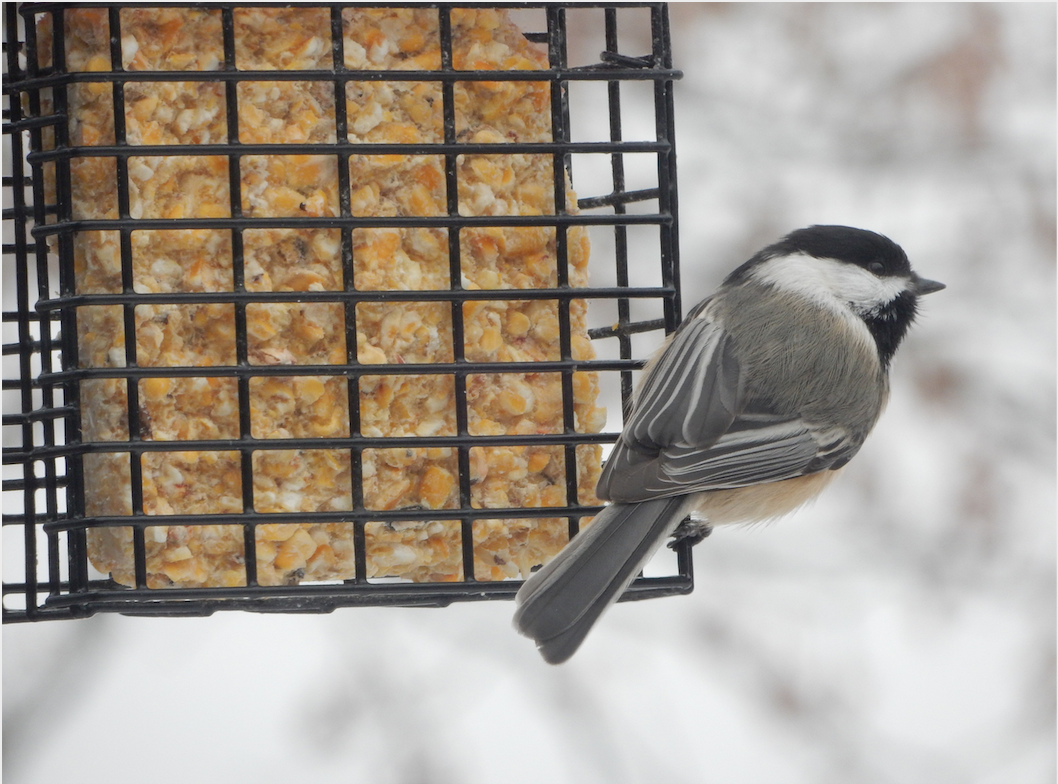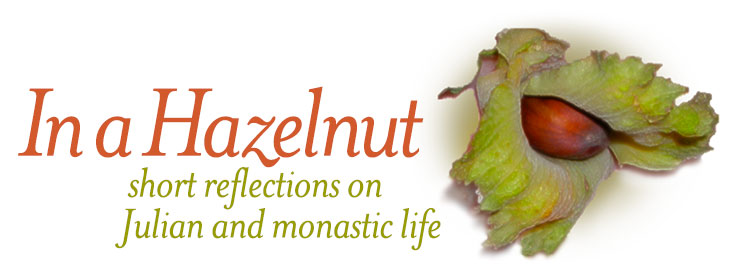The questioning of Thomas
There are two things about this familiar story which need to be underlined—and maybe it is a too-familiar story, our minds heading immediately for that groove at the bottom of which sits Doubting Thomas, year after year. Perhaps the Church has banged on about Doubting Thomas for so many centuries because, frankly, uncertainty is scary. And the only thing more frightening than one’s own uncertainty is someone else’s uncertainty; the specter of another’s doubt casts a shadow upon one’s own belief and all that it rests upon. So maybe it’s just easier, year after year, to fob the whole fearful burden onto Thomas rather than looking too awfully closely at the dynamics of the story.
Here’s one thing: As can be seen from his eventual response to Jesus, it’s clear that Thomas understands just how high the stakes are, and how shattering the consequences were the bodily resurrection of Jesus to be true, and he will not have anything less than truth. (And it should be remembered the other apostles themselves did not believe the first time they were told, either, by Mary Magdalene—or the second time.) Thomas will not be bought off with false hope. Like so many holy prophets before him, Thomas has thrown down the gauntlet to the Lord in no uncertain terms.
And here is the second thing: Jesus honors that. He comes to Thomas and answers his questioning in the same words Thomas had used, in and on Thomas’s own terms. Though Jesus wasn’t bodily present when Thomas expressed his reservations, he was fully aware of his questioning and came to answer it directly. And when Jesus says to Thomas, “Blessed are those who have not seen and yet have come to believe”— these words are not remonstrance to Thomas. Those words are for us, who, by the ministry of the apostles will come to faith after the time of Jesus’s ascension into heaven, and to whom Jesus our Lord and our God is visible under the humble form of bread and wine, and also in the form of our neighbor, of the outcast, of those in need. We don’t see Jesus bodily—we don’t have that kind of certainty. What we do have is his promise that he who loves us will come to us, and will be with us, even in our fear, uncertainty, and doubt—and we will not be overcome.

Recent Issues
January 2025
September 2024
May 2024
March 2024
February 2024
January 2024
December 2023
November 2023
October 2023
July 2023
May 2023
January 2023
December 2022
October 2022
September 2022
July 2022
May 2022
April 2022
March 2022
January 2022
December 2021
November 2021
October 2021
June 2021
May 2021
April 2021
February 2021
January 2021
December 2020
October 2020
September 2020
August 2020
July 2020
June 2020
May 2020
April 2020
March 2020
February 2020
January 2020
December 2019
November 2019
October 2019
September 2019
August 2019
July 2019
May 2019
April 2019
March 2019
January 2019
December 2018
November 2018
October 2018
September 2018
August 2018
July 2018
June 2018
May 2018
April 2018
March 2018
February 2018
January 2018
December 2017
November 2017
October 2017
September 2017
June 2017
May 2017
April 2017
March 2017
February 2017
January 2017
December 2016
November 2016
October 2016
September 2016
August 2016
July 2016
June 2016
May 2016
April 2016
March 2016
February 2016
January 2016
December 2015
November 2015
October 2015
September 2015
August 2015
July 2015
June 2015
May 2015

